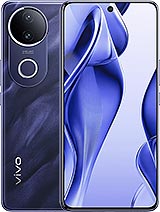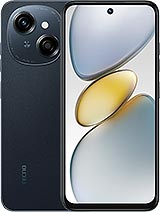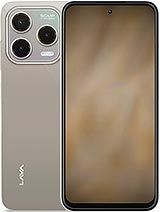Honor X9c alternatives
Tap above to see alternatives.
Lava Yuva 2 alternatives
Tap above to see alternatives.
Lava Yuva 2

Lava Yuva 2
-
Unisoc T760
6 nm
-
5000 mAh
18W
-
6.67"
720 x 1612 pixels
-
50 MP
1080p@30fps
-
Specs

4x2.2 GHz Cortex-A78
4x1.8 GHz Cortex-A55
1x2.2 GHz Cortex-A76
3x Cortex-A76
4x Cortex-A55
f/1.8, (wide), 1/1.67", PDAF, OIS
5 MP
f/2.2, (ultrawide)
wide, f/1.8, AF
2 MP
macro
1080p@30fps
f/2.5, (wide)
SIM1: Nano, SIM2: Nano
SIM1: Nano, SIM2: Nano
2 5G bands
n3, n40
9 5G bands
n1, n3, n5, n8, n28, n40, n41, n77, n78
In this performance comparison, the Honor X9c with its Qualcomm Snapdragon 6 Gen 1 (4nm) performs better than the Lava Yuva 2 with the Unisoc Unisoc T760 (6nm), thanks to superior chipset efficiency.
Lava Yuva 2 launched with Android 14 and will receive updates, while Honor X9c has no confirmed OS update information. Lava Yuva 2 receives 2 years of security updates, while Honor X9c does not have confirmed info.
Honor X9c features a superior AMOLED display, while Lava Yuva 2 comes with an LCD panel. In terms of smoothness, Honor X9c offers a higher 120 Hz refresh rate, ensuring fluid scrolling and animations. Honor X9c also boasts a brighter screen with 4000 nits of peak brightness, enhancing outdoor visibility. Notably, Honor X9c offers a higher screen resolution, resulting in sharper visuals and more detailed content.
Honor X9c comes with a larger 6600 mAh battery, which may offer longer usage on a single charge. Honor X9c also supports faster wired charging at 66W, compared to 18W on Lava Yuva 2.
Honor X9c includes an IP65M rating, while Lava Yuva 2 lacks an official IP rating.
¹ Scores can vary even with the same chipset due to RAM, thermals, and software optimization.











